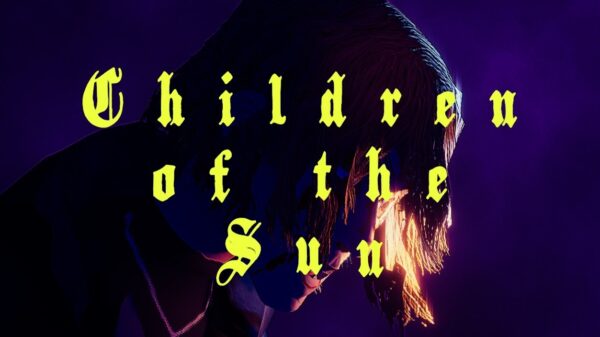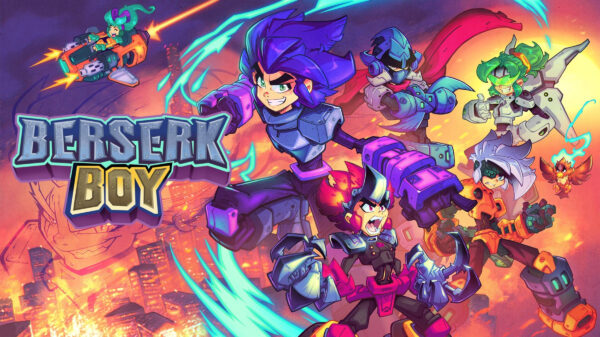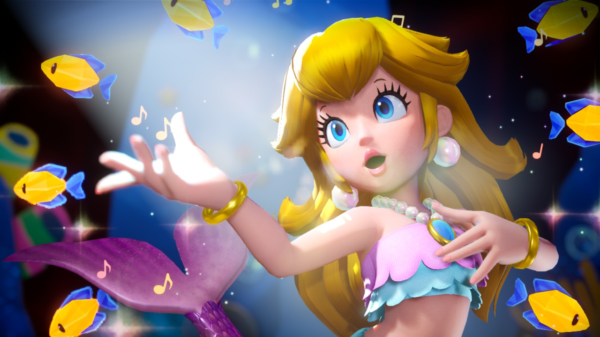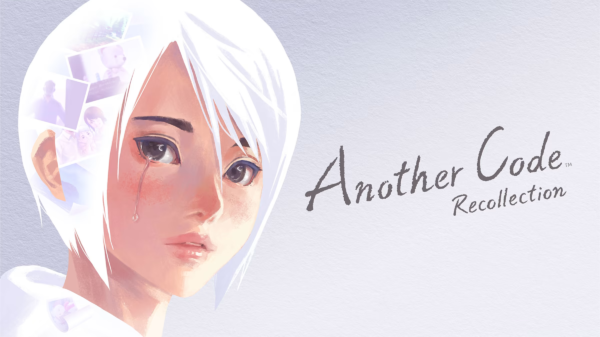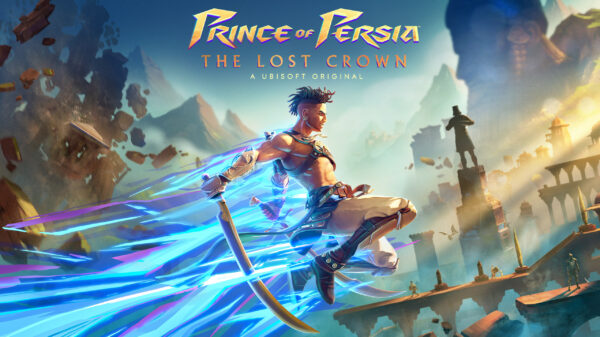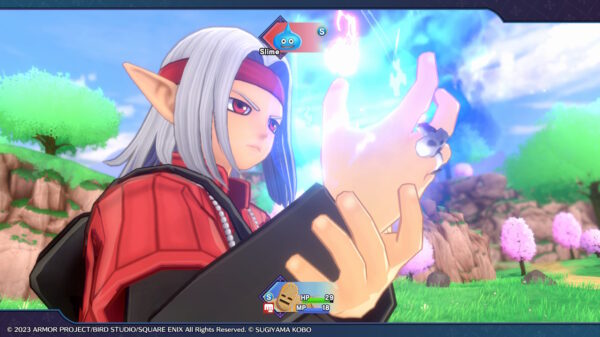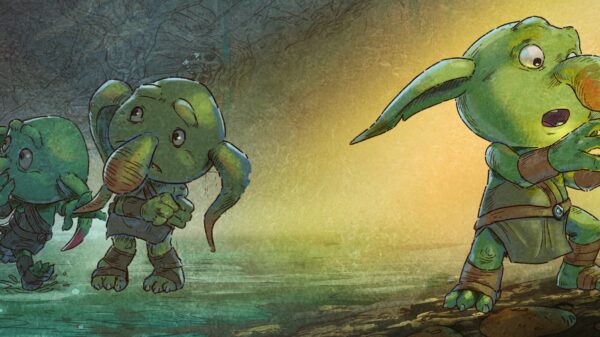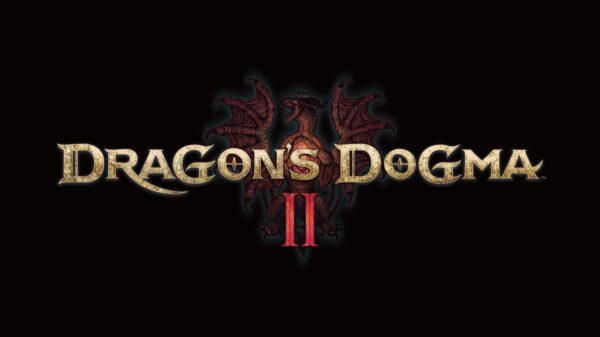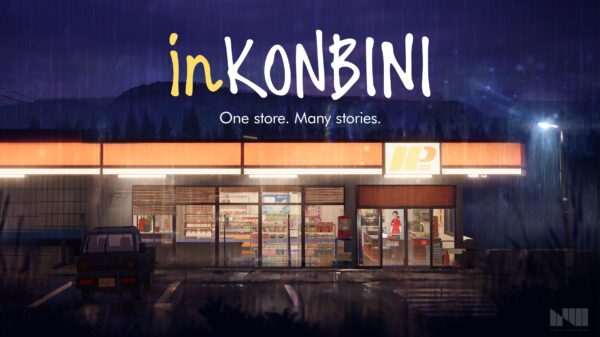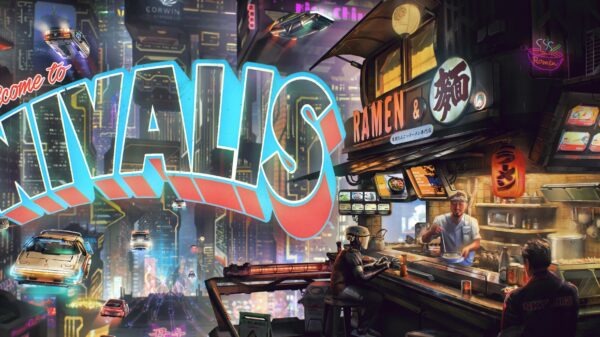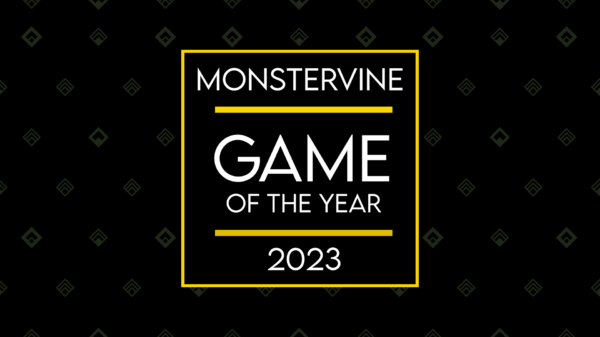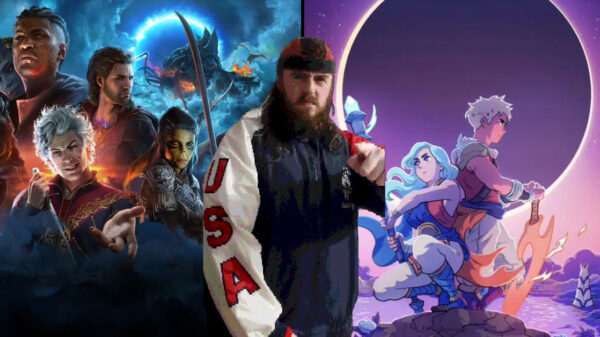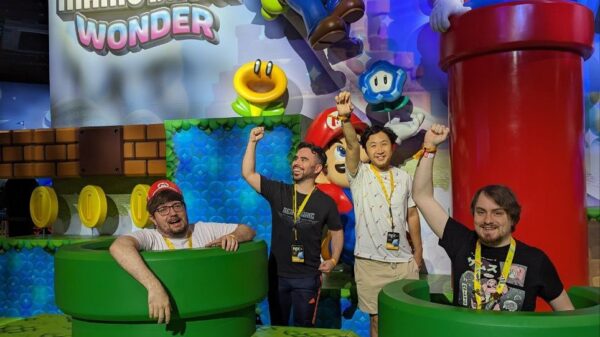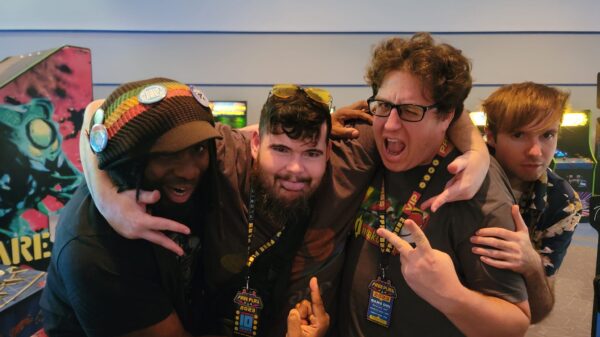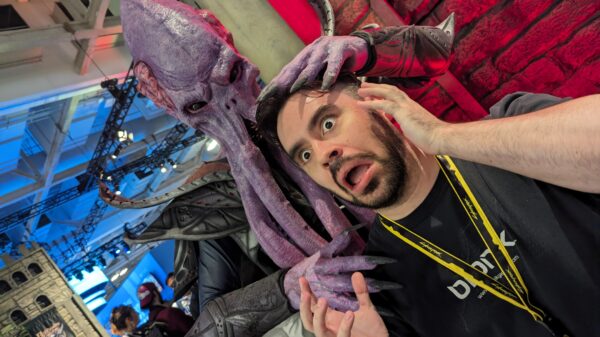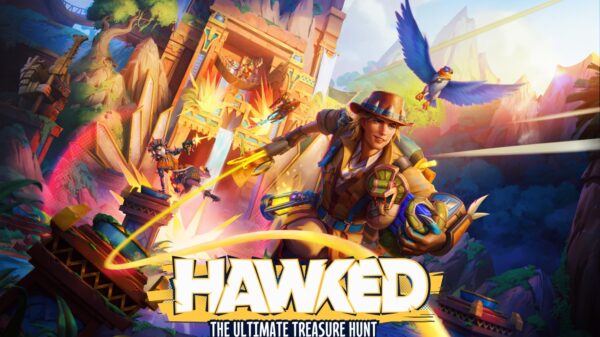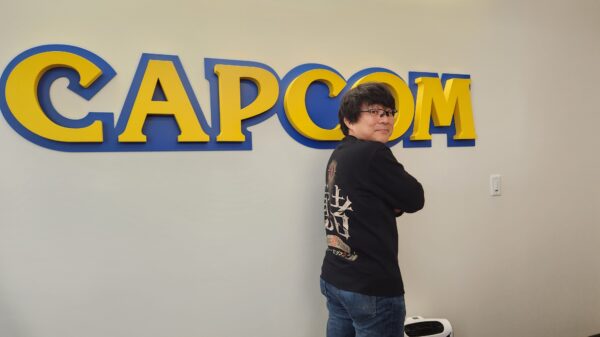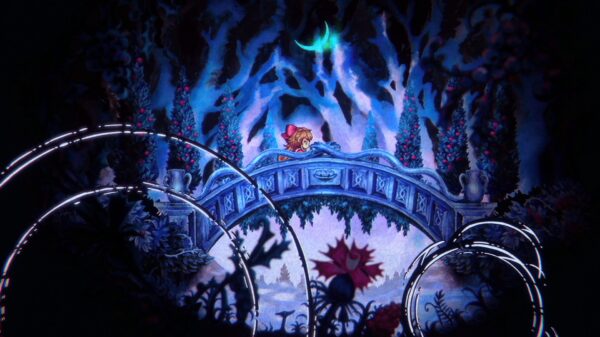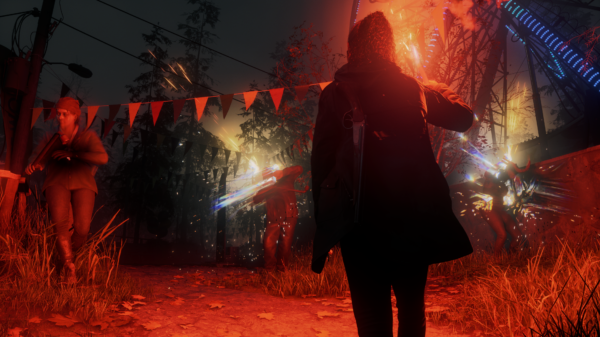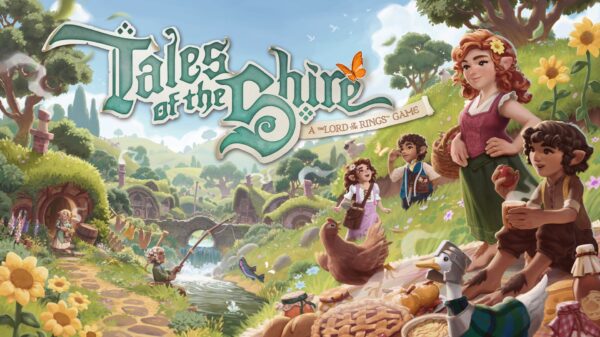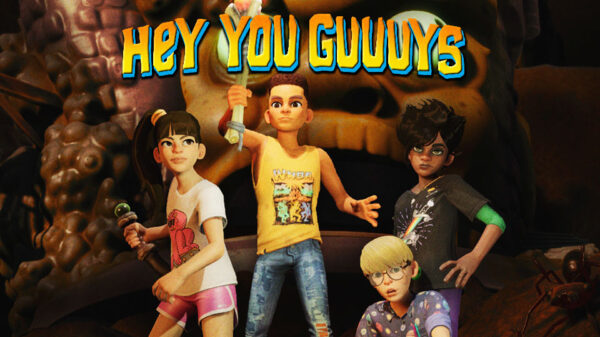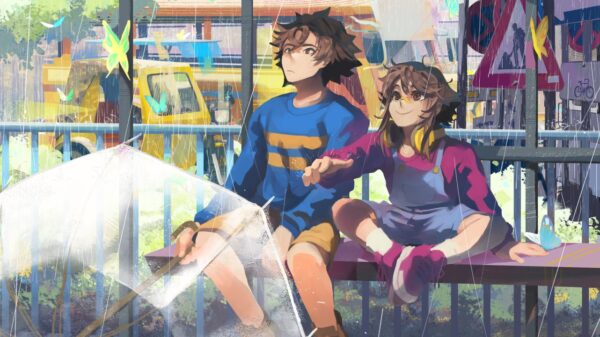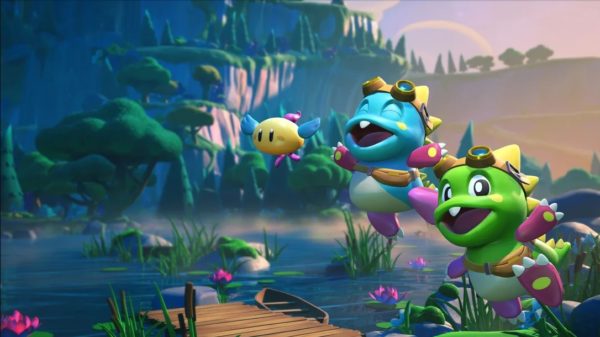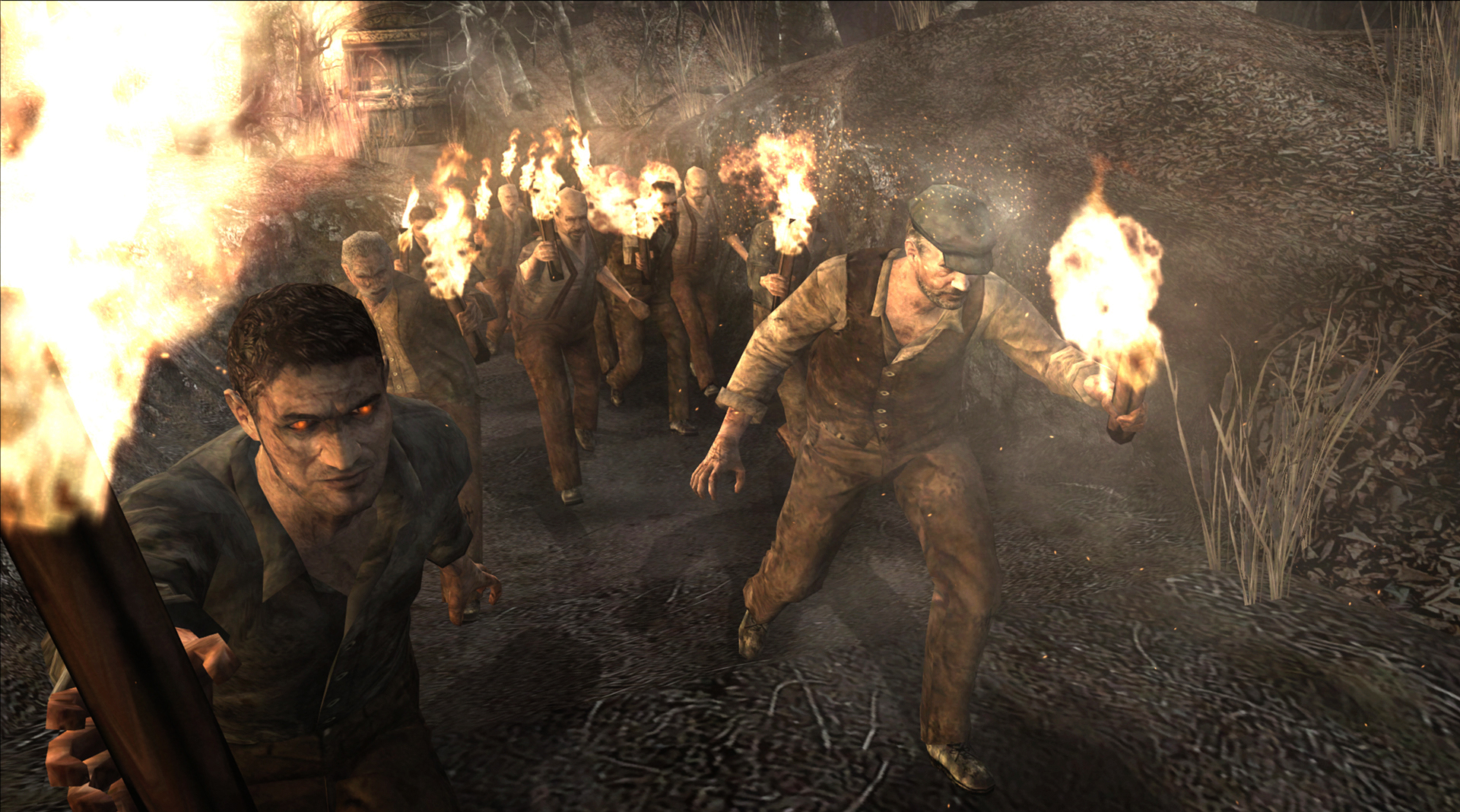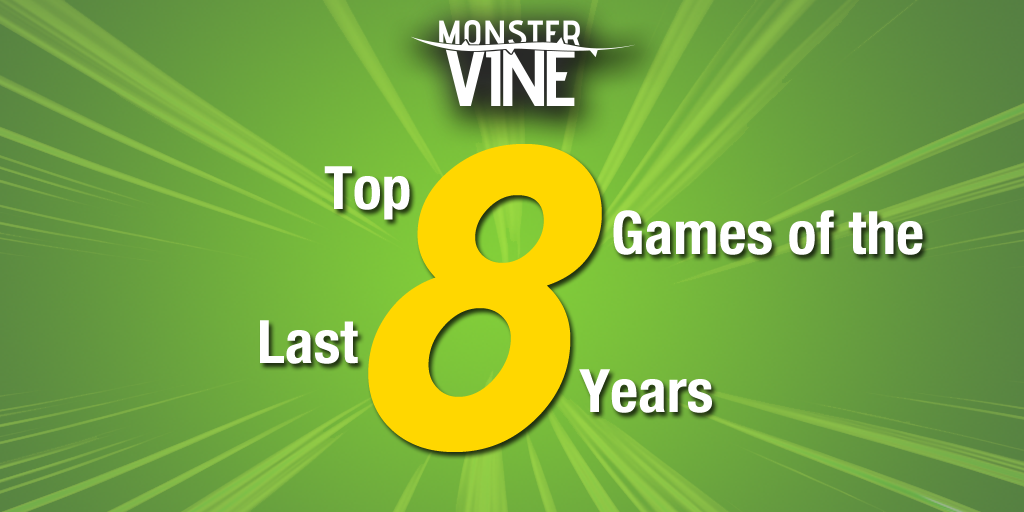The air is still, with a sense of unease emanating from all around and a definite stench of something foul coming from up ahead. As you’re cautiously making your way towards the Spanish village that’s just up ahead, you’re immediately startled by someone who furiously shouts “Detrás de ti, carbrón!” as a pitchfork is swiftly shoved into your back.
To most, the denizens of Resident Evil 4’s world were no more than unusually vocal zombies, but to me, they were oddly relatable in a way. At least, they were until they morphed into grotesque creatures with bladed tentacles squirming from their necks. Where people saw monsters in need of a quick shot to the head, I saw simple Spanish farmers; similar to people I know or have seen in the telenovelas I watched growing up. The villagers speaking exclusively in a foreign language helped in two regards: it provided a way for players to sort of “alienate” themselves from the fact that they’re mercilessly cutting down mind-controlled farmers, and to also ground the setting in a sort of authenticity.
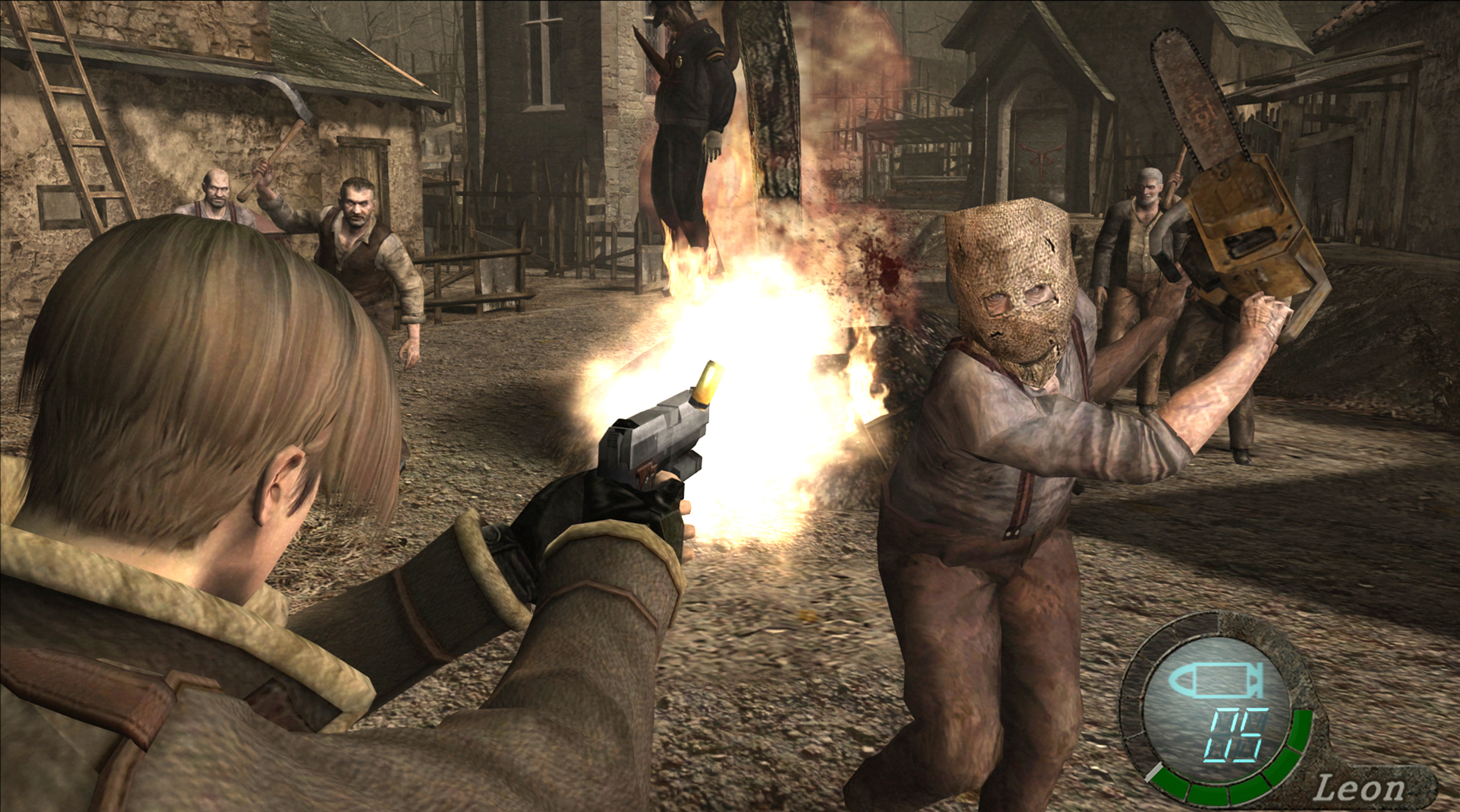
The game is just unapologetically Spanish, but not in the way that it presents the culture (something a game like Guacamelee does exceptionally well) but in the way in which the language is presented. Too many times I’ve seen a game or movie that features a Spanish character who will begin speaking the language but will then immediately translate what they just said to the people around them, even if those people also speak the language. Or even more common, speak entirely in English but toss a single random word of Spanish in there to remind people “Hey this person is foreign.”
Leon, and by extent the player, is the quintessential “stranger in a strange land,” but for me, the land wasn’t strange at all. In Resident Evil 4, the villagers all speak entirely in Spanish and they don’t care if you can understand them or not. It’s done to such a point where the game almost rewards you for understanding the language as enemies will alert you of what they’re doing, giving you ample time to react. You’ll hear them shout flanking directions, whether one is about to hit you and from what direction, or if they’ve located where you’re hiding. When the game came out I realized I had a completely different experience from my friends who played the game. Where my friends treated the villagers as monsters shouting angry nonsense at them that heightened their fear, the horror element was a bit lost on me as a key part of the game’s “scare factor,” the unknown language, was a nonfactor for me.
It’s moments like this that remind me how important it is to experience diversity in media, because even though Resident Evil 4 featured a vague, nondescript, Spanish village, I still felt seen. There was an aspect of the game that only I could appreciate because of a shared language. For years the only notable Latino character I’d have to look towards was King from Tekken, and considering it’s a fighting game there wasn’t much “character” to pull from. Even as a major movie geek, my only way of looking at the medium is seeing myself represented in it in a major way was Antonio Banderas, who was still lost in a sea of white actors and forced into the “token foreign guy” role. And roles for actors like him were usually relegated to either being the sidekick or, at worst, the villain whose trademark features to signify how evil they are is the fact that they have an accent and a different skin color. And that’s only mentioning the villainous or side character roles, it was a pure miracle if you ever saw a Latino headline a film as the protagonist.
It’s something I’ve noticed a lot of people fail to understand. Too many times I’ve been told, “what’s the big deal, it’s just a game and/or movie, why do you care?” and what they don’t get that it’s important for people like me and other minority groups because representation is how we feel included in a medium we care passionately about; it tells us our culture matters on a much larger scale, not just in our own small circles. It makes us feel included and believe, for a moment at least, that we live in a world where people are accepting of and want to share in each other’s cultures.
Having more diversity in games, whether it be in the cast of characters or setting, is only a net positive as it helps bolster fresh new looks and ideas in the medium. And I don’t think it’s too ridiculous of a statement to say that games could do with a change from the usual tired aesthetics. We should strive to encourage a push for more cultural diversity in games, and this might be a point of contention for some people, but even if it’s not made by people of that culture.

I was born in Venezuela but immigrated to Florida at a young age. Growing up, I had parents who decided they wanted to integrate as much as possible into American culture, which left me having to find the links to a culture I never got to forge myself. And I’m not alone in this, with many people considering America their home but still wanting to connect with the country that they hail from. I, admittedly, could be a lot better about it like how some of my friends are, but regardless it’s still a part of me and impossible to ignore. When I see someone like Guillermo Del Toro light up the awards with his films there’s a genuine sense of pride because it feels like a “win” for all of us. It’s probably why I connected so much with the game Sleeping Dogs. Despite not being Asian American, I could still relate heavily to Wei Shen’s story of finding his cultural identity.
Stories told by or featuring diverse people is something we should all be striving towards because it adds a drastic amount of variety and a fresh perspective on the things we experience every day. But if people of other cultures are going to tell stories of a culture they’ve never been part of it needs to be done in a genuine way, or else you risk diving headfirst into cultural appropriation territory.
The “official,” and usually most agreed upon, definition of cultural appropriation defines it as “the adoption of elements of a minority culture by members of the dominant culture.” but even that definition is tricky. Being Latino, at what point am I becoming offensive, when wanting to immerse myself in a culture? I’m a person who likes to take a deep dive into a group’s culture. I’ll sit there and read about their music, history, food, architecture, aesthetics and more. But at what point does genuine interest and passion for a culture turn into offense? And who decides?
I was recently shown this group of Youtubers who are a group of Americans that make videos about South American countries and the culture over there. These guys live over there, speak the language, and frankly probably know a lot more than even I do. However, I’ve seen friends decree this as them exploiting the culture for their channel, when I see it more as a genuine love for it and doesn’t seem like appropriation at all.
Appropriation to me was “Hispanic Appreciation Day” at my college that was run by a handful of white girls wearing sombreros serving nachos and tacos, and had music playing, where not a single Spanish song could be heard. There was clearly no attempt to research typical Hispanic food and culture, and was simply a lazy excuse to “celebrate,” much in the vein of how Cinco de Mayo has been co-opted by American culture. It’s a moment I’ll always remember as being able to point at something, say “hey this is racist right? This shouldn’t be allowed,” and the white people around me lecturing me on what is and isn’t racist.
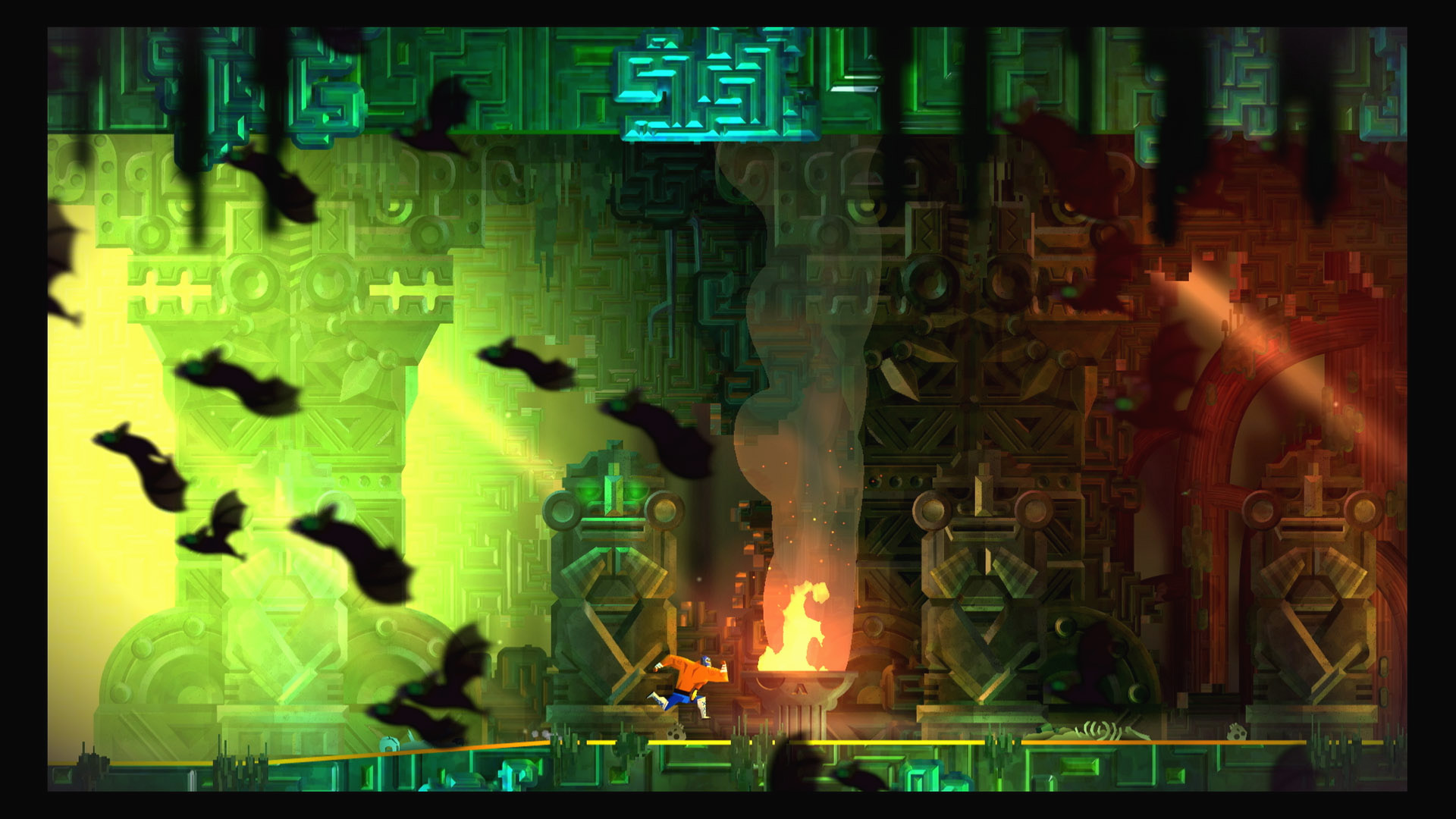
On the other hand, we have something like Guacamelee, where you have a game that’s created by a few white dudes based out of Canada that’s set around Mexican Lucha culture. To me, the game doesn’t come off as them just aping the aesthetic because it was an “exotic” choice. Instead, as you play through it you can feel the earnest attempt these developers had in showing off a culture people might not be familiar with. You can see where they did their due diligence to be respectful of the culture while leaning entirely into it.
That’s the sort of example we should be striving towards, because at what point do we gate others from partaking in, or creating media of, another culture’s themes, subject matter, or aesthetics? If someone has a sincere interest in learning and wanting to show off a culture, that sort of thinking should be embraced and heavily encouraged. And people in power in these studios should push towards telling new stories that haven’t been done before, or more importantly, giving a person of that cultural group the opportunity to tell it.




